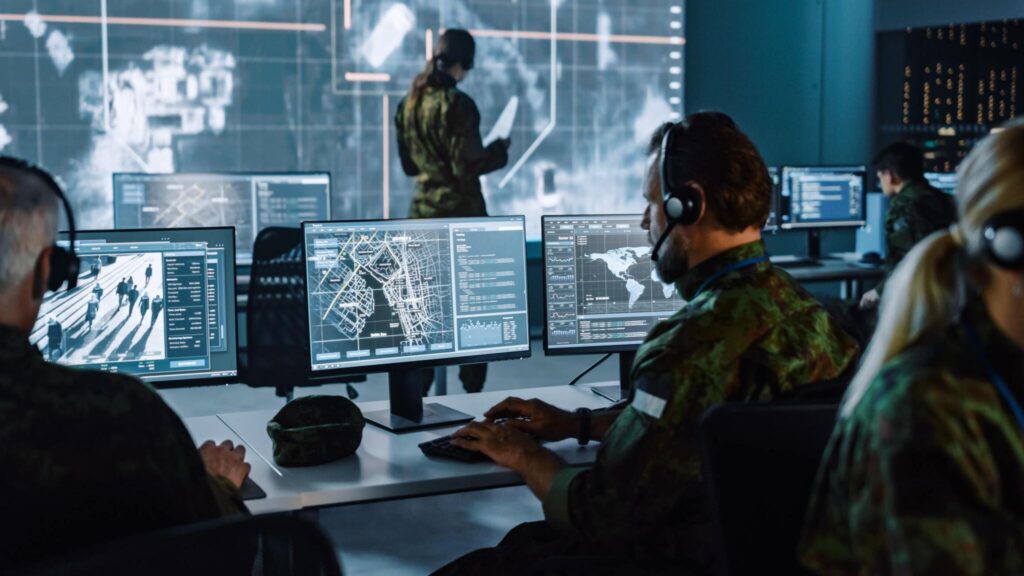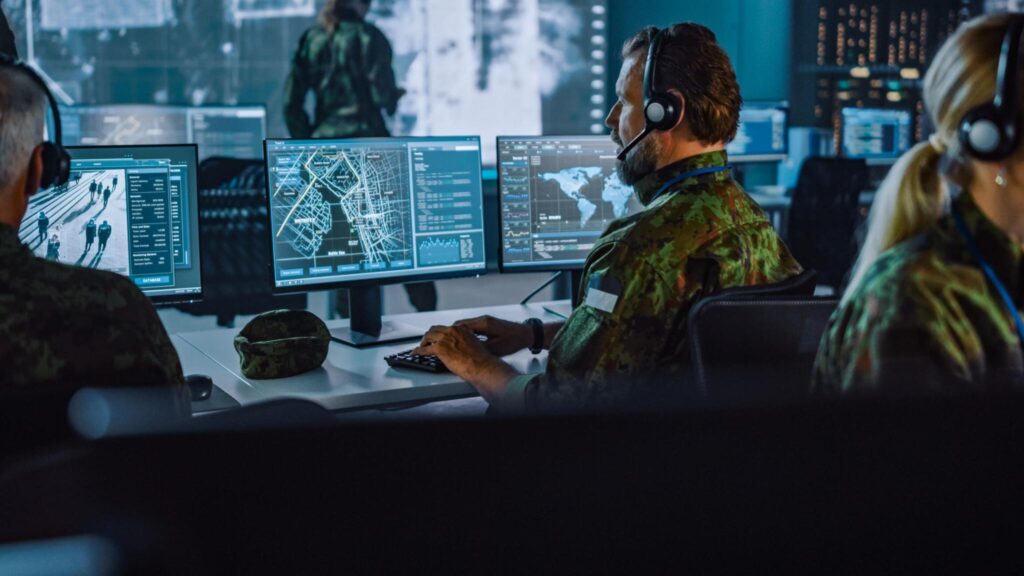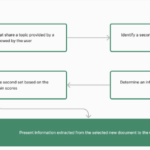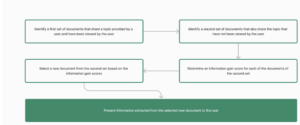OPLINE
In a shocking revelation that shocked the world, a U.S. Navy official revealed on CBS News’ “60 Minutes” that Iranian Revolutionary Guard troops are operating on the ground alongside Houthi rebels from Yemen and are providing aid to the rebel group that has intensified attacks against U.S. military targets in the region, as well as ships on the Red Sea, as U.S. forces increase security measures amid the fear of an intensifying Middle Eastern conflict.\

KEY FACTS
U.S. Navy Vice Admiral Brad Cooper confirmed in an interview with “60 Minutes” correspondent Norah O’Donnell, that members of the Iranian Revolutionary Guard Corps are on the ground in Yemen “serving side-by-side” with the rebels and providing assistance and target information.
In response to a question about what U.S. forces have done to thwart this partnership, Cooper said that “will obviously end up being a policy decision,” and saying: “Our role at this point is to simply be ready and continue to be aggressive in exercising our right to self-defense.”
Iranian’s Revolutionary Guard, a paramilitary organization that is directly accountable to the country’s Supreme Leader. has assisted militant groups across in the Middle East, according to the State Department, which has declared this Guard Corps as a terrorist organisation.
U.S. officials redesignated the Houthis as an international terrorist organization this month, due to an increase in attacks against U.S. targets and shipping vessels, which have caused massive disruptions to trade and threaten to further undermine the region. This was just three years after Biden administration eliminated the terrorist label.
The Houthi rebels are an Shia Islamist group that controls the northern region of Yemen including its capital, Sana’a It has been widely believed to be primarily financed by Iran.
Interview with O’Donnell by Cooper is scheduled to appear in “60 Minutes” at 7 p.m. Eastern and Pacific time on Sunday evening.
KEY BACKGROUND
U.S. forces have turned their attention to militant groups from Somalia and the Middle East and Somalia with links to Iran in the wake of the constant flow of attacks against U.S. bases, shipping vessels, and forces. These groups include the Houthis, who in late December attacked a U.S. base. Houthis which in December, struck a ship within the Red Sea, as well as the al-Shabab rebel group from Somalia which seized the hull of a United Nations helicopter and captured six of its crew members in a January assault which left one of the crew members dead as well as in the case of Kataib Hezbollah which is an Iran-allied militia in Iraq that wounded 3 U.S. troops at the al-Harir airbase in December. British as well as American forces in December have launched a series of strike on Houthi targets in areas of Yemen that are controlled from the group. The abrupt rebuke that came just hours before Houthi chief Abdul Malik al Houthi reported that the leader of the Houthi rebel group Abdul Malik al-Houthi warned that U.S. attack “won’t go unpunished” if the military takes action. In that statement, al-Houthi vowed to take an “big” response should the U.S and its military allies respond to any attack by Houthi rebels. The war grew more intense through February, with U.S. forces striking Iran-backed groups in Yemen, Iraq, Syria and in the Red Sea in three consecutive days during the month of January and this, White House National Security Advisor Jake Sullivan said was a revenge effort for the drone strike at the Tower 22 base in Jordan last month, where three American service members were killed. Iranian official warned that their country would take retaliation against any attack.
CONTRA
U.S. officials have also issued a series of warnings in response to the growing incidents involving the Houthis and the Houthis, with the Secretary of State, Antony Blinken warning that it “will be consequences” for any further attacks. The officials from both the U.S. and 13 other nations demanded the “immediate” stop to the attacks last month. They described the arrest of crews and vessels to be “illegal, unacceptable, and profoundly destabilizing,” and they also demanded that U.N. Security Council approved a resolution that demanded the Houthis cease their attacks.
TANGENT
About 1.30 a.m. midnight local time on Wednesday morning, a major gas pipeline from Iran was badly damaged following two explosions that were reported. This caused a disruption that cut off the supply of gas, which Iranian officials declared the incident a case of terrorism and sabotage. Javad Owji, Iran’s petroleum minister, didn’t mention any organization he believes of being involved.



















